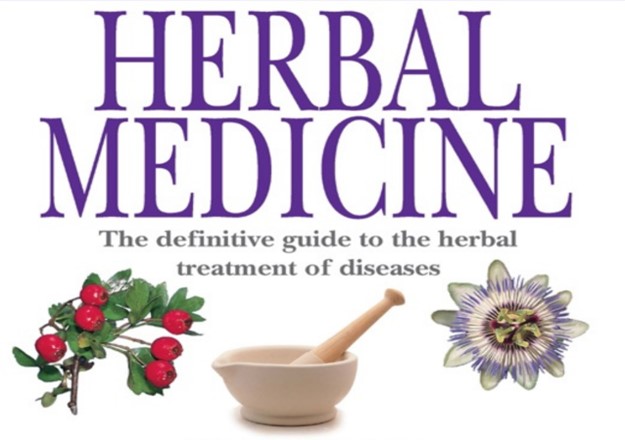Which herbal product is correctly matched to its effect? (Select all that apply).
Gingko Biloba causes fibrin clot formation.
Echinacea enhances immunity.
Ginseng increases physical endurance.
Chamomile enhances the immune response to influenza A.
Aloe promotes wound healing.
Correct Answer : B,C,E
Echinacea is known to enhance immunity.
It has been shown to increase the number of white blood cells, which are part of the body’s immune system and help fight off infections.
Ginseng has been shown to increase physical endurance.
Studies have found that it can reduce fatigue and improve physical performance . Aloe vera has been found to promote wound healing.
It contains compounds that can reduce inflammation and improve antioxidant defenses, which can help accelerate the healing process .

Choice A is not correct because there is no evidence that Gingko Biloba causes fibrin clot formation.
Fibrin is a protein that helps in the clotting of blood, but there is no evidence to suggest that Gingko Biloba has any effect on this process.
Choice D is not correct because there is no evidence that Chamomile enhances the immune response to influenza A.
While Chamomile has been found to have some anti-inflammatory and calming effects, there is no evidence to suggest that it can enhance the immune response to influenza A specifically.
Nursing Test Bank
Naxlex Comprehensive Predictor Exams
Related Questions
Correct Answer is B
Explanation
A surgical sponge left in a client’s incision is a “never event”.
A “never event” is a serious, largely preventable safety incident that should not occur if the available preventative measures are implemented1.
These events include things like wrong-site surgery or foreign objects left in a person’s body after an operation2.
Choice A is incorrect because no blood incompatibility during a blood transfusion is not a “never event”.
Choice C is incorrect because a client falling in their own home is not a “never event”.
Choice D is incorrect because inserting a urinary catheter before surgery is not a “never event”.
Correct Answer is D
Explanation
Gender is not a factor that affects bowel elimination.
Many factors affect bowel elimination including age, diet, fluid intake, physical activity, psychological factors, personal habits, and medications1.
Choice A is not the correct answer because age is a factor that affects bowel elimination.
Choice B is not the correct answer because the diet is a factor that affects bowel elimination.
Choice C is not the correct answer because fluid intake is a factor that affects bowel elimination.
Whether you are a student looking to ace your exams or a practicing nurse seeking to enhance your expertise , our nursing education contents will empower you with the confidence and competence to make a difference in the lives of patients and become a respected leader in the healthcare field.
Visit Naxlex, invest in your future and unlock endless possibilities with our unparalleled nursing education contents today
Report Wrong Answer on the Current Question
Do you disagree with the answer? If yes, what is your expected answer? Explain.
Kindly be descriptive with the issue you are facing.
